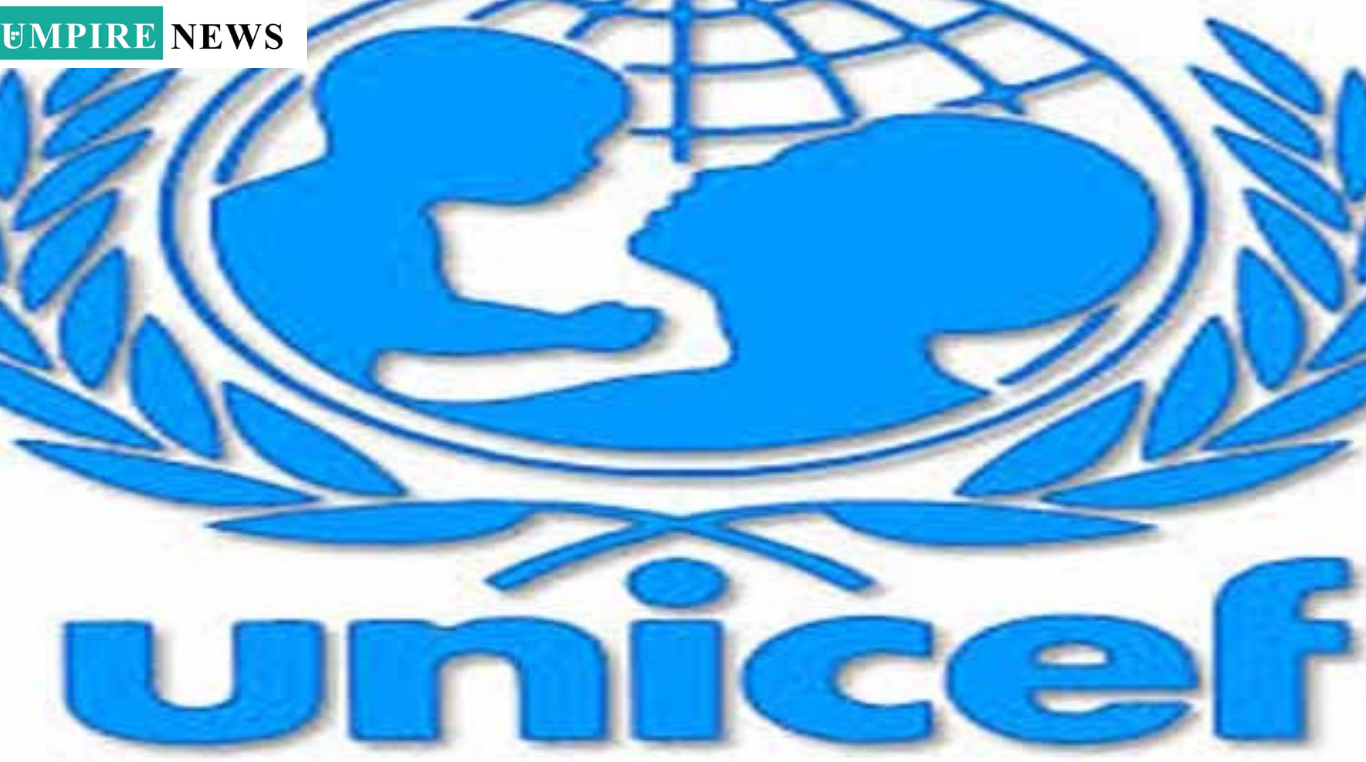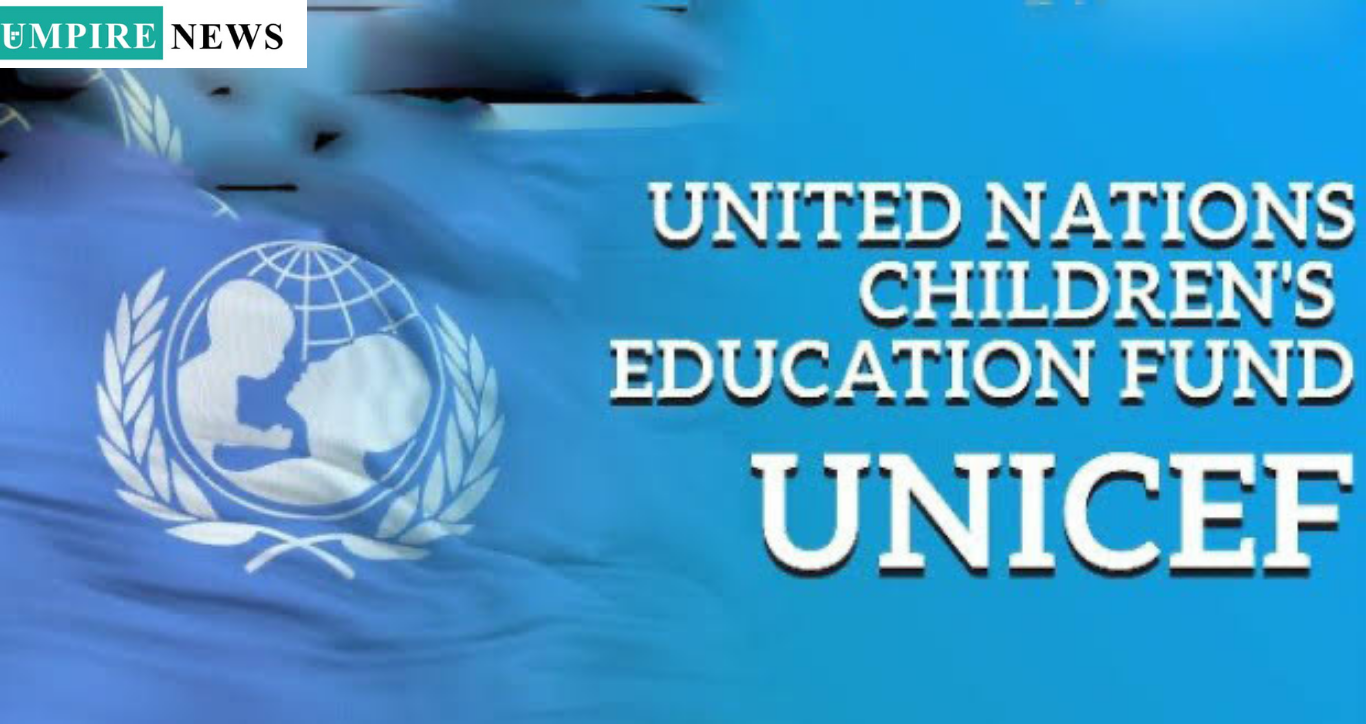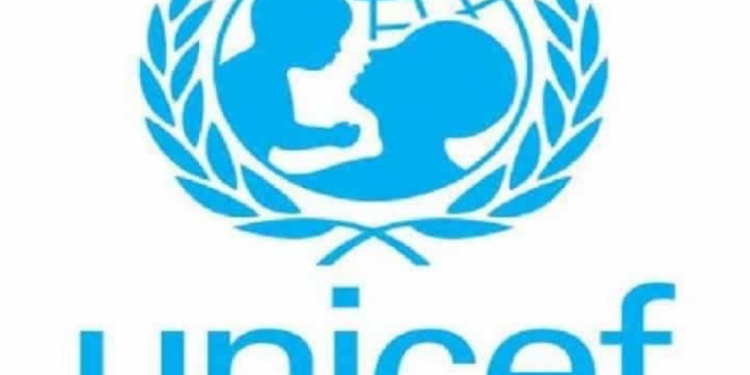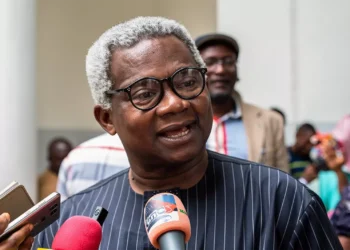UNICEF has recently made a notable contribution to public health in Borno State by delivering a substantial supply of vaccines aimed at protecting residents from the deadly cholera disease.
In total, UNICEF has provided the Borno State government with one million doses of these essential vaccines, underscoring their commitment to combating this serious health threat that can arise, especially in areas affected by natural disasters.
During a formal reception event held in Maiduguri, the capital of Borno State, Prof. Baba Mallam, the state’s Commissioner for Health and Human Services, provided crucial details regarding this initiative.
He was represented at the occasion by Fati Ali, the Director of Disease Control and Immunisation from the Borno State Primary Healthcare Development Board.

Prof. Baba Mallam emphasized the urgency and importance of this initiative, particularly in light of the recent flooding that has affected various parts of the state.
Such floods create an environment conducive to the outbreak of waterborne diseases, including cholera, which can spread rapidly among vulnerable populations.
“UNICEF is one of the partners supporting and collaborating with the state 100 percent. We have received 669,569 doses of cholera vaccines,” Mallam announced during the event.
He elaborated on the ongoing efforts to protect the health of the community by highlighting that this latest shipment is part of a broader campaign.
Earlier, the state had already received over 300,000 doses of cholera vaccines. He urged the public to take advantage of this initiative, stating, “We urge everyone to go to the nearest hospital facilities to collect the vaccination.”
This message serves as a reminder of the critical need for community engagement and participation in health initiatives.

In a related statement, Dr. Gerida Birukila, who serves as the Chief of the Maiduguri Field Office for UNICEF, addressed the residents and encouraged them to accept the oral vaccines being offered.
She assured the community that these vaccines are both safe and effective, with no side effects.
Dr. Birukila’s reassurance is particularly important in dispelling any fears or misconceptions about vaccination, which can often hinder public health efforts.
She further explained that the newly acquired vaccines would be instrumental in reaching the most at-risk populations, particularly those living in crowded urban settings and young children who are especially vulnerable to severe complications from cholera.
“This initiative is not just about the vaccines; it’s about protecting our community’s health and preventing future outbreaks,” she remarked.
The partnership between UNICEF and the Borno State government reflects a broader commitment to public health and welfare. In recent years, the region has faced numerous challenges, including environmental disasters, conflicts, and health crises.
The provision of these vaccines is a crucial step in addressing the immediate threat posed by cholera, as well as reinforcing the health infrastructure in the state.
The proactive approach taken by both UNICEF and the Borno State government highlights the importance of collaboration in tackling public health issues.
As communities begin to mobilize for vaccination, it is essential for health authorities to ensure that they have the resources and support needed to reach every individual, particularly those in remote or underserved areas.
Ultimately, the ongoing efforts to vaccinate residents against cholera are part of a larger strategy to build resilience within the community, protect public health, and prevent the occurrence of such outbreaks in the future.
As Borno State continues to navigate the challenges it faces, initiatives like this serve as a beacon of hope for a healthier and more secure future for all its residents.




































